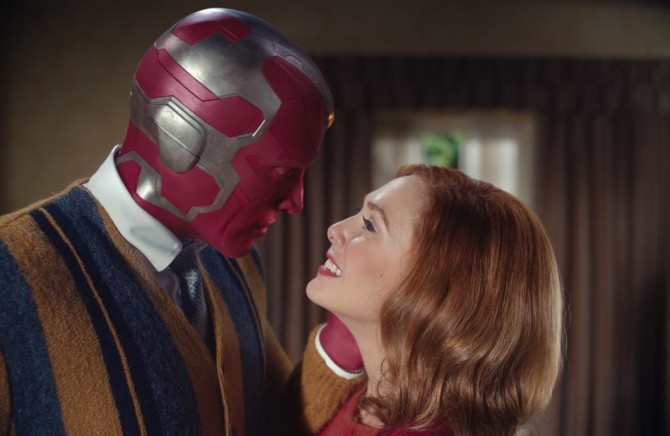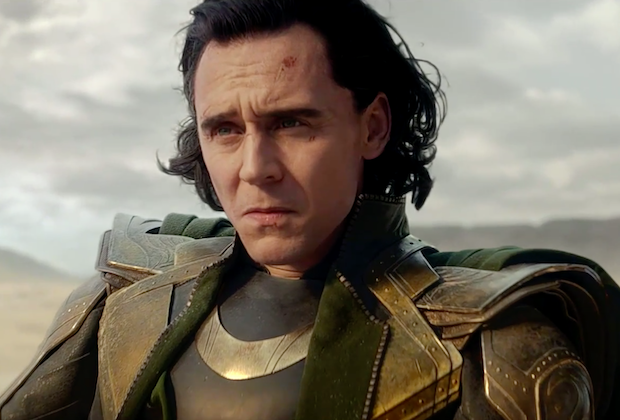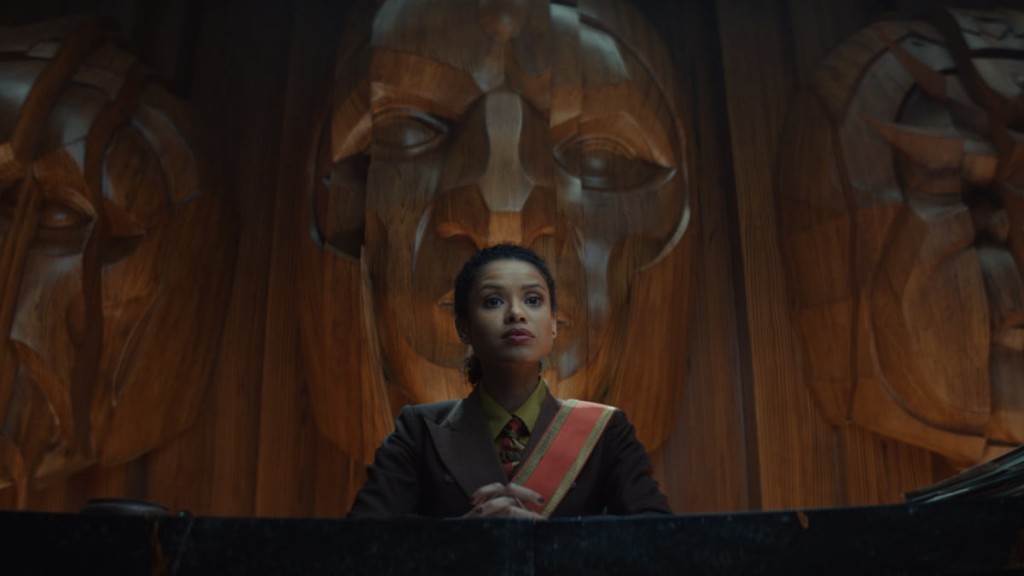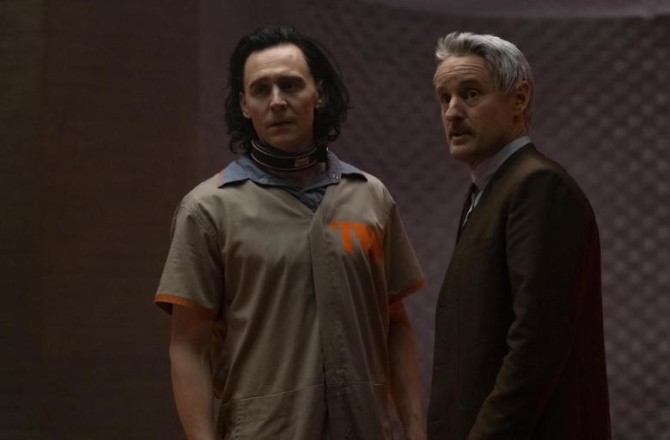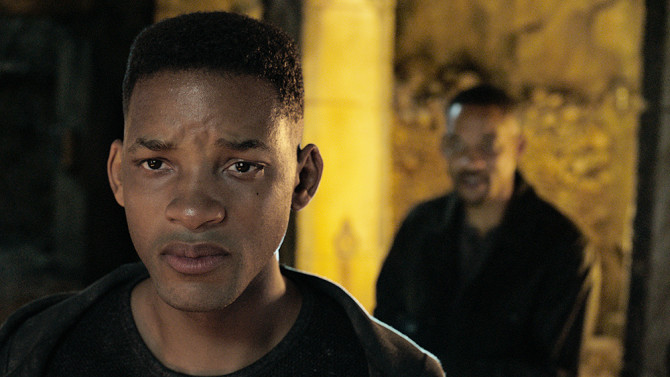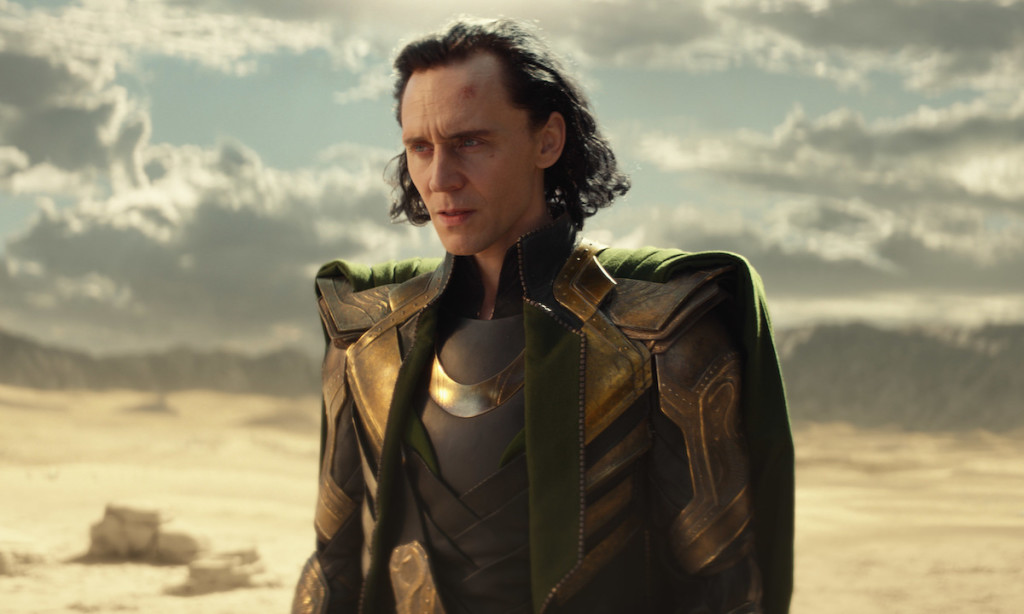REMINDER: COMEDY SHOWDOWN DEADLINE IS THIS THURSDAY AT 8PM PACIFIC TIME. IT’S TOTALLY FREE. FIND OUT HOW TO SIGN UP HERE!
Genre: Superhero TV Show
Premise: Thor’s misfit brother, Loki, tries to steal the time-travel trinket known as the Tesseract but is quickly arrested and imprisoned for the crime of time travel.
About: One of the more underreported aspects of Loki is that it’s been written by Michael Waldron who is, self-admittedly, a nobody in the screenwriting game. Waldron started out as an intern on Rick and Morty and cleverly orchestrated a Rick and Morty softball team with the specific purpose of cozying up to creator Dan Harmon. After working on Rick and Morty, he got a chance to create his own show, a wrestling series called “Heels,” which Starz developed but Waldron eventually left (it’s coming out with new creatives in a couple of months). While there, Waldron asked everyone how he could write for Marvel or Star Wars and they told him to write a feature script. He wrote, “The Worst Guy of All Time And The Girl Who Came To Kill Him” which made the Black List and that I reviewed here. That script made its way up the Marvel ladder and somehow got to Kevin Feige, who hired Waldron for Loki. Feige liked Waldron so much that he hired him to write TWO movies for him: Doctor Strange and the Multiverse of Madness and Kevin Feige’s secret Star Wars film. In as long as I’ve been covering this business I’ve never seen someone set goals this high and achieve them so quickly and easily. Is Waldron the real deal? Or just a crafty self-promoter who makes a plan and executes it?
Writer: Michael Waldron
Details: A little under an hour
As much as I like to poke the Marvel bear, I actually thought their TV release strategy was genius. After building up so much good will with their movies, they knew that they could literally release any show and people would watch it. So they took an all-or-nothing shot with Wandavision, a concept so bizarre, that if it hit, it would hit huge. If it didn’t, well, no worries, we’re still Marvel.
I’m not going to say Wandavision was terrible but it was too bizarre for its own good. I got the feeling it was trying to be the comic book version of “Lost” but Lost had a much better hook (“What is this island?”). I think when a beekeeper is one of your season’s biggest twists, your show is in trouble.
But Marvel knew this was a possibility. Which is why they followed Wandavision with their mainstream offering, Falcon and The Winter Soldier. Created to shoot straight down the middle, if you wanted your mainstream Marvel on a stick, Falcon and Winter Soldier had you covered. Again, not a terrible show. Just not memorable enough to get people talking.
The averageness of Falcon and Winter Soldier paved the way for Marvel’s third TV offering, Loki. Loki had the zaniness of Wandavision but in a more accessible package. Sure, time-travel and multiverses can be tough to wrap your head around, but they’re easier to digest than superheroes pretending to be sitcom characters.
So did Marvel’s biggest entry into the TV universe blow me away?
“Loki” follows, well, Loki, right after he stole the Tesseract in Avengers Endgame and sped off into the future. Loki arrives in some desert on the other side of the world where, seconds later, time travel police show up and arrest him. They bring him back to their all-in-one prison/courthouse place and force Loki to go through a series of bureaucratic tasks in order to determine his prison sentence.
Even though he’s a God, Loki’s powers don’t work here. So every time he tries to wreak havoc, he’s met with a snort or a giggle. Just when Loki’s about to receive his sentence, one of the time travel directors, Mobius, shows up, and asks the judge if he can leave Loki in his care. The judge is reluctant but allows it, telling Mobius he better not screw up.
Mobius then takes Loki into a small screening room and shows him his greatest escapes throughout time, one of which, it turns out, was D.B. Cooper. That’s right, Loki was D.B. Cooper! We get the sense that Mobius is psychologically probing Loki for something, trying to figure out why he does what he does. But why?
After watching several additional events from Loki’s life, including the moment his mom dies, Loki breaks down and admits that the reason he’s evil is to instill fear in others so that he can get what he wants. It’s all about manipulation. Good, Mobius says, that’s why we need you to help us track someone down. Who? Loki asks. “Yourself.” END OF EPISODE!
Marvel is clearly still struggling with the TV medium. Comics don’t translate to TV the way they do movies. With superheroes, we’re used to them going after problems NOW. We’re used to universe-level stakes. We’re used to big tension, big set pieces, big dialogue. To realign our expectations so that we have to wait for all those things, sometimes over the course of eight weeks, it’s a huge adjustment.
It’s weird to see a superhero sitting around talking for five minutes at a time. Isn’t it?
With that said, Loki is easily the best of the three Marvel offerings.
Right off the bat, it’s got the best setup. Loki has to hunt himself down? Count me in. This isn’t a new idea, by the way. They came up with it 15 years ago with the Harrison Ford starring “Gemini Man” spec. That project would eventually get made with Will Smith. But the point is, hunting yourself down isn’t new.
However, a supervillain hunting himself down… that’s new. And my mind is already going to exciting places imagining how this is going to play out. That’s when you know you’ve got a good idea. When the setup has readers eagerly thinking up scenes and plot lines. The opportunities seem endless.
With that said, Loki gets off to a slow start and a big reason for that is limited scope. About 95% of the scenes in this pilot are two people talking in a room. And the few times we aren’t in a room, we’re clearly on a stage with the Stagecraft technology. Stagecraft needs to improve those virtual desert sets. They all look fake for some reason.
Luckily, Owen Wilson comes in and saves the day. The second his character, Mobius, arrives and starts sparring with Loki, the pilot receives a much-needed jolt. I’ve seen some people praise the dialogue between these two, and while I agree the dialogue was good, I was more impressed by the dynamic. On the one hand you have this mischievous mentally unstable God character and, on the other, you have this soft-spoken straight-arrow dude in a suit. The chemistry was great.
BUT!
This is a superhero show. We expect superhero shows to do superhero things. Yet we don’t get superhero things. Half of Loki’s pilot episode is Mobius and Loki sitting at a desk talking. I didn’t mind this that much because I enjoy the unexpected but I’m wondering what the average comic book fan thinks about EPISODE 1: THE DESK!
The ultimate test for any pilot is, will I make time for Episode 2? That answer is a definitive “YES.” I love the idea of Loki going after himself. It’s genius. If the second episode turns out to be more talking but at a bigger table, I’ll be out. But if I get Loki trying to outsmart Loki, count me in!
[ ] What the hell did I just watch?
[ ] wasn’t for me
[x] worth the stream
[ ] impressive
[ ] genius
What I learned: One of the biggest problems I see in pilot scripts is that they become Setup City. The writer is trying to set up every aspect of the entire series in one episode. Every character. Every storyline. Every backstory. Remember, for every minute of information you’re giving the audience, that’s one less minute you’re entertaining them. Now, while there are ways to entertain viewers while delivering information (using humor, for example), the smarter choice is to only include information that you have to and NOTHING ELSE. Your primary goal with a pilot should be to write entertaining scenes that pull us into the story. If that’s being compromised by tons of setup, rethink how much you need in your pilot. “Loki” is overly reliant on exposition, probably because they believe they can get away with it since they’re Marvel. You don’t have that luxury, unfortunately. So only include as much backstory, setup, and characters as you need.
What I learned 2: “Loki” is another example of “Write the type of script for the type of job you want to get.” Michael Waldron wrote a feature script about a girl jumping throughout time to stop someone. He’s now writing a TV show about a guy jumping throughout time to stop someone.


